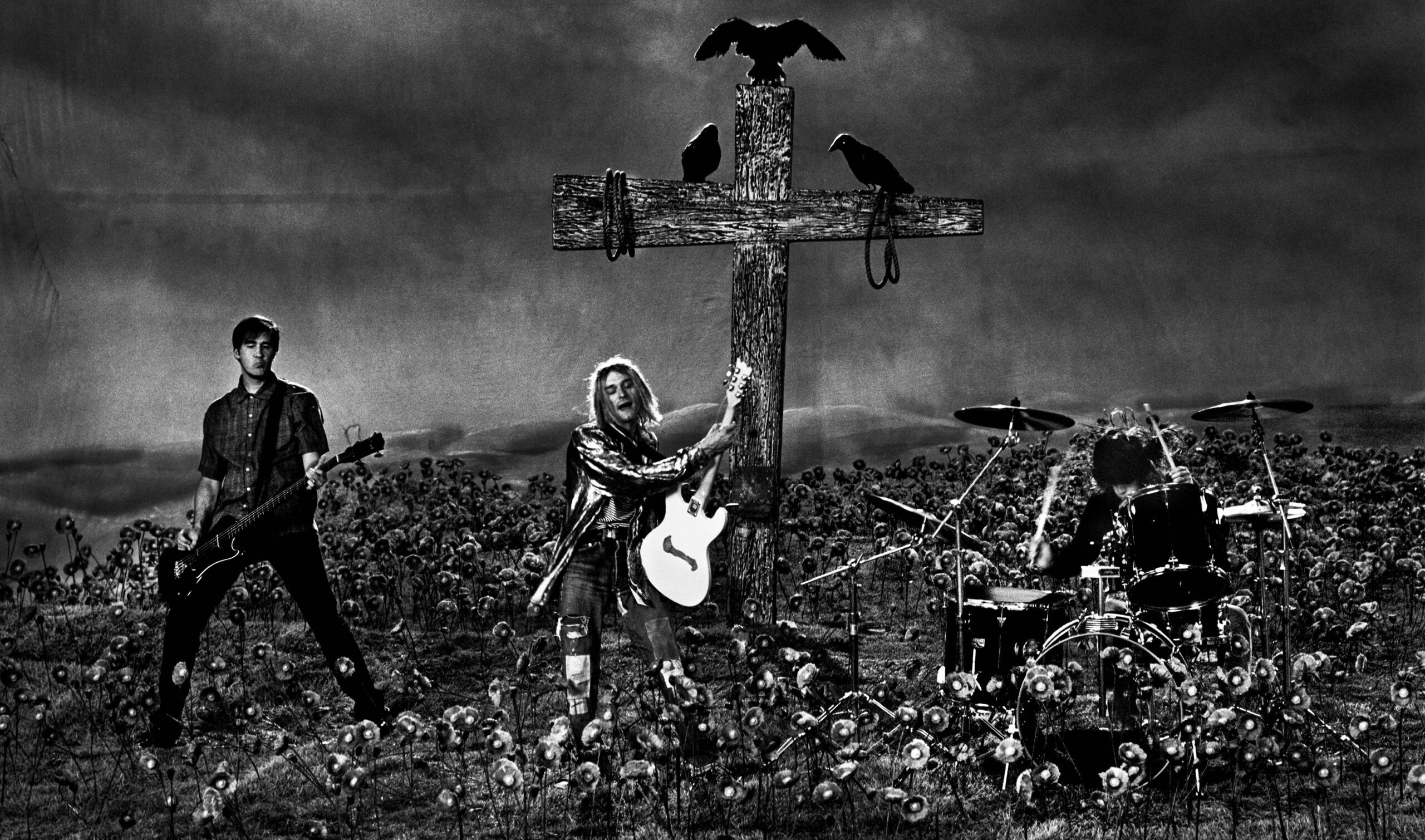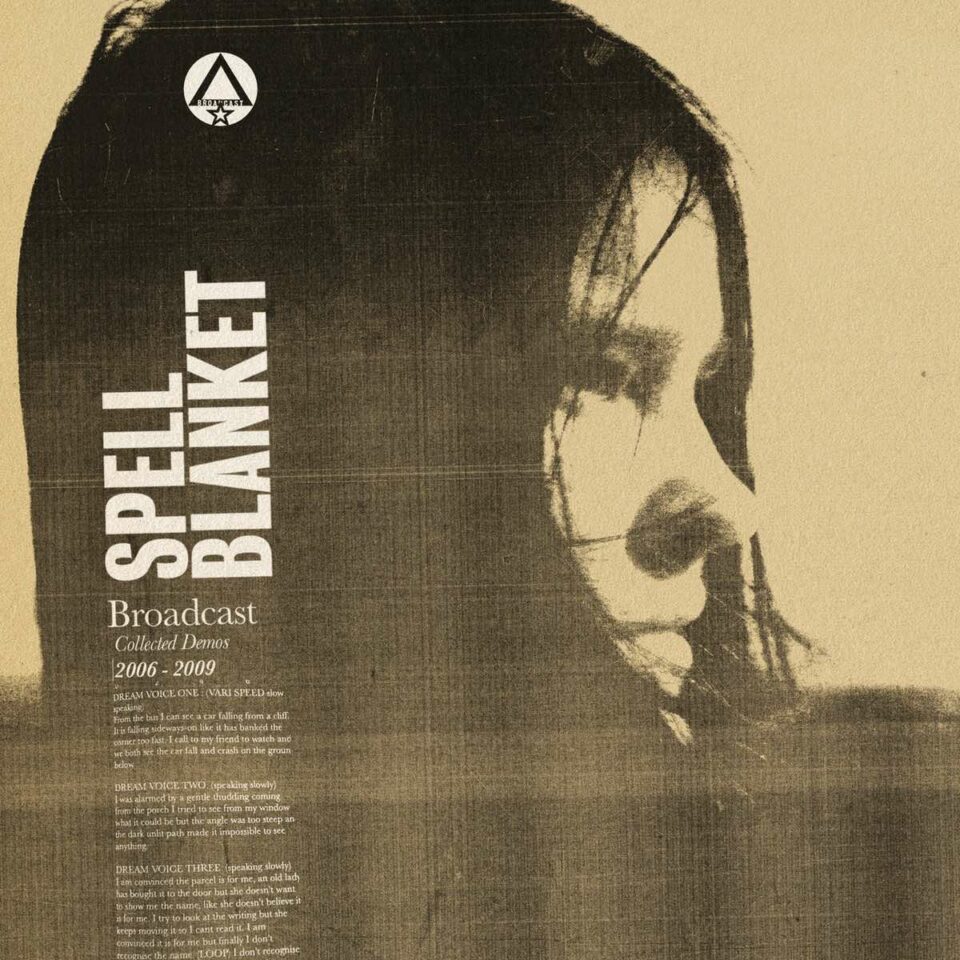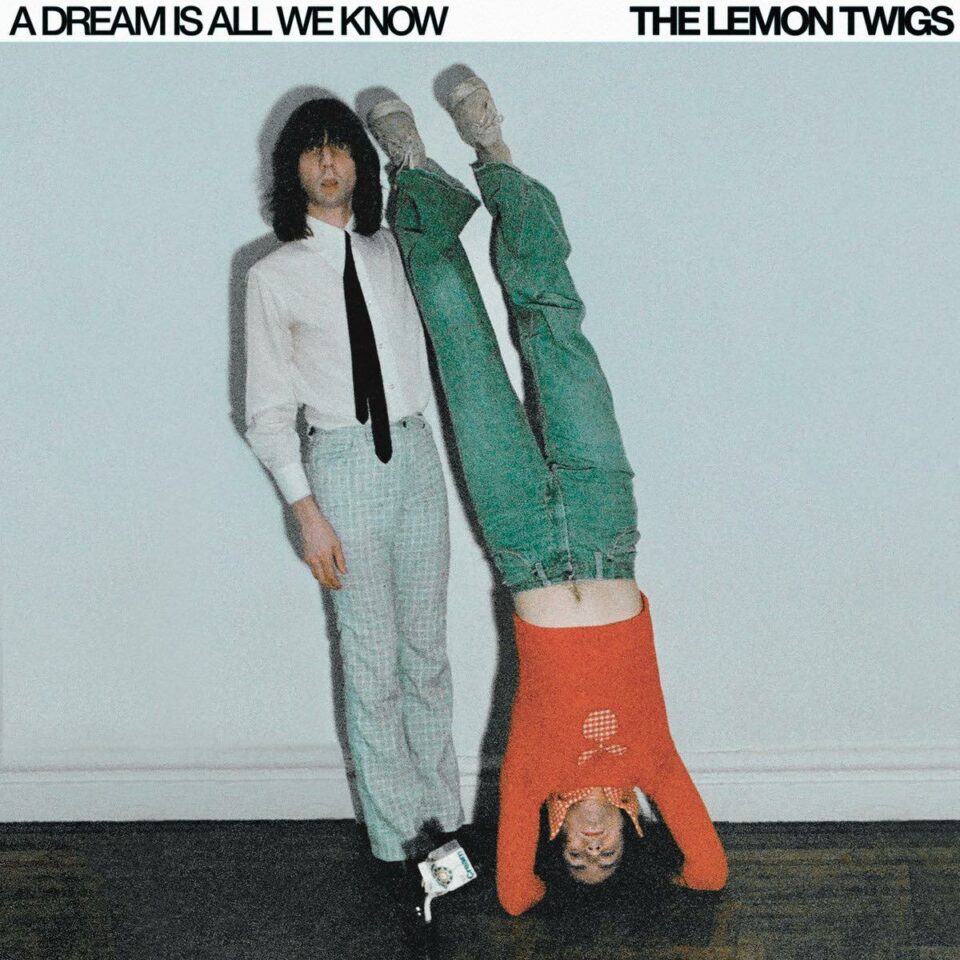On September 21, 1993, Nirvana released In Utero, the most important album in the Seattle trio’s oeuvre. While popular belief will always hold Nevermind in higher regard, thanks to its cluster of unforgettable hit songs and lucrative commercial success, In Utero continues to carry a more crucial legacy 30 years after it ended the band’s string of studio albums.
In Utero not only marked a rebirth for the group, but also brought into stark relief two camps of music lovers that had heretofore kept their distance from each other: mainstream-radio listeners and independent-rock devotees. After the stunning, unpredictable success of Nevermind, the group challenged both factions—and themselves, and their label—with a piece of art that was almost as challenging as Nevermind was accessible. Although Nirvana’s inherent themes of self-loathing, isolation, and contempt for conformity continued with In Utero, no one was prepared for the little band that could to eschew its shiny sound and introduce the masses to the lo-fi production aesthetic nascently chic to alt-rock in the ’90s.
Cobain was born in 1967 in the working-class logging town of Aberdeen, Washington, and founded Nirvana about 20 years later. Growing up in a broken home, he would inadvertently become the voice of a generation of young people with similarly troubled upbringings. Cobain didn’t finish school and worked unglamorous jobs such as doorman and hotel clerk. He also experienced homelessness, living under a bridge and eating fish from a toxic river. His artistic life began with paintings, but in his 20s he quickly became a fixture in Seattle’s underground music scene.
Cobain formed Nirvana with bassist Krist Novoselic, a school friend whose parents came from Croatia, and drummer Chad Channing. They released their first album, Bleach (a reference to the liquid used to clean heroin needles), with a secondary guitarist, Jason Everman, who famously footed the bill for the record but didn’t last long in the band. Indie label Sub Pop issued the debut full-length, which appealed to local longhaireds who dug Sabbath and Kiss. After the album, Cobain and Novoselic eventually landed on a new drummer in Dave Grohl, whose career in the DC hardcore-punk scene resulted in the previously blasphemous marriage of metal and punk.
In Utero brought into stark relief two camps of music lovers that had heretofore kept their distance from each other: mainstream-radio listeners and independent rock devotees.
The three gifted slackers broke out of their respective underground scenes and entered the mainstream with their second album, Nevermind, which raised more eyebrows as a major-label release. On the strength of undeniably catchy songs like “Smells Like Teen Spirit,” “Lithium,” “In Bloom,” and “Come as You Are,” the indie-adjacent band suddenly started making a lot of money, all the while maintaining the respect of avant-garde gods Sonic Youth. And yet Nirvana shows still drew rednecks—a term Cobain had no qualms using after the bullying he witnessed and experienced in his youth.
Still, even though rural conservatives shelled out cash for Nirvana records and concerts, Nirvana’s popularity among that demographic rankled Cobain. Not only did their love for the band’s hit songs diminish and underestimate Nirvana’s artistic potential, Cobain was especially troubled by how many radio listeners misinterpreted his songs. In the most disturbing example, a couple of Australian men raped a woman while they played the song “Polly,” which disgusted Cobain to no end, as evidenced in his interviews and published journals. It was time for Nirvana to make a change.

Thus, in 1993, Nirvana released In Utero, which essentially force-fed indie rock to the mainstream. After the incredible success of Nevermind, the group challenged the general public with a more artistic and complex sound, especially with revered engineer Steve Albini’s inceptive lo-fi trademark. Often characterized by a dull, cheap, and restrained quality, “lo-fi” was also the hallmark of most indie-rock albums in the 1990s and beyond.
Whether strategic or not, Nirvana effectively boxed in commercial radio; the country’s biggest stations, which reaped limitless rewards from Nevermind’s tracklist, had no choice but to broadcast In Utero’s singles on their airwaves as well. Nirvana continued to dominate the mainstream and kept making some of the most striking MTV videos of the era, including “Heart-Shaped Box.” But In Utero challenged their position as a mainstream group. With the help of Albini and the sound Nirvana presented on that record, their songs became less ear-friendly and more avant-garde.
That was one of the group’s dilemmas: How is it possible to speak to the “losers” if they are themselves a part of the mainstream?
The album begins with “Serve the Servants” and this quintessential Cobain lyric: “Teenage angst has paid off well / Now I’m bored and old.” It’s a clever, dare-you-to-like-it beginning to the album, with Cobain immediately confronting and recoiling from the group's reputation. It’s also an approach reminiscent of contrarian underground heroes like The Velvet Underground and Sonic Youth, as well as Nirvana’s peers such as Sebadoh and Dinosaur Jr. “Scentless Apprentice,” which starts with Grohl’s rollicking drum beat, is then beset by feedback, heavy distortion, and rough production. “Frances Farmer Will Have Her Revenge on Seattle” refers to a woman exiled by the city, who became a martyr to the underground that Cobain helped introduce to the mainstream.
Cobain was always in favor of the losers, a fundamental ideology of independent rock. He was punished at school when he publicly defended a queer student, and as a result, many of Nirvana's songs speak of the frustrations and depressions that many unaccepted young people experience. And that was one of the group’s dilemmas: How is it possible to speak to the “losers” if they are themselves a part of the mainstream?
The album's most controversial song, “Rape Me,” also received airplay, surprisingly. Cobain said: “I repeat myself, it is a song against rape. I think there is some justice when a rapist is raped in prison.” Still, the masses accepted this song with some conditions: the title of the single and the artwork on the album cover were manipulated by Walmart to render “acceptable” copies in their stores, for example. They even changed the title of the song to “Waif Me,” something that has nothing to do with the above.
Third single “Heart-Shaped Box” is also the darkest song on the album. The title comes from a gift that Courtney Love gave Cobain to show her love for him. This love/horror construction in the line “I wish I could eat your cancer / When you turn black” marks another drastic change in mood, a change that occurs within the song itself. Again, there’s sarcasm in Cobain's voice, as in the lines that say: “I’ve got a new complaint / Forever in debt to your priceless advice.” This manic-depressive routine was unique in mainstream rock at the time, while instrumentally there’s a distinct bass sound to this song which is consistent throughout the entire track and not unlike the permanent curtain on “Heroin” by The Velvet Underground. At the end of the song, there’s a collective “thrash” that’s repeated four times; it seems that this type of pummeling lo-fi climax is the trademark of the album.
In Utero is a document of the struggle between confused, disgruntled youngsters trying to find a way to reconcile themselves with—or fight against—an antiseptic society in which, like Cobain, they found no safe harbor.
“Milk It” is the most avant-garde song on In Utero, and, like the title, the strangest. Here, Cobain uses alternative musical scales—as well as alternative vowels: “I am my own parasite / I don’t need a host to live / We can feed off each other / We can share our endorphins / Test meat / Doll steak.” It’s evident that Cobain isn’t trying to tell a coherent story, per se, but rather to bombard the listener with grotesque images that match the unsettling sonic textures unfamiliar to many mainstream listeners. Although this song sometimes seems like a joke, other times distant and strange, the reality that “Milk It” captures more vividly than on any other song is the avant-garde direction the group had adopted as they began to drift from polished production sounds.
While many will forever argue that Nevermind is the stronger Nirvana record, it’s In Utero that was the band’s masterpiece and changed the landscape of alt-rock in the decades after its release. Cobain helped introduce the sounds of the underground to a broad audience of young music listeners. With Albini, Nirvana exposed millions to lo-fi production techniques and other previously taboo mainstream radio sounds like feedback and alternative musical scales. In Utero is a document of the struggle between confused, disgruntled youngsters trying to find a way to reconcile themselves with—or fight against—an antiseptic society in which, like Cobain, they found no safe harbor.
After this album, audiences newly introduced to independent rock music pursued two paths: Some rejected In Utero, still favoring Nevermind, and maintained a balance with more conventional rock bands of the era such as Pearl Jam and U2. The others chose to remain Nirvana fans, tried new experimental directions with them, and aligned themselves with the values of bands like Sonic Youth, Sebadoh, and Pavement. With In Utero, Nirvana broke the mainstream—and in the end, it became all the better for it. FL









